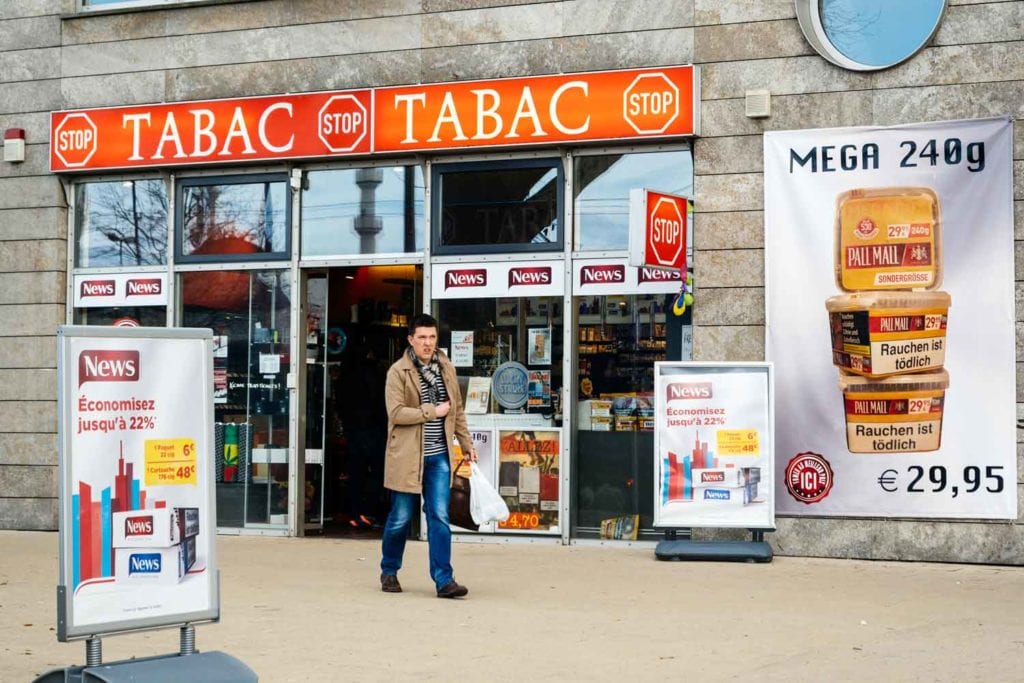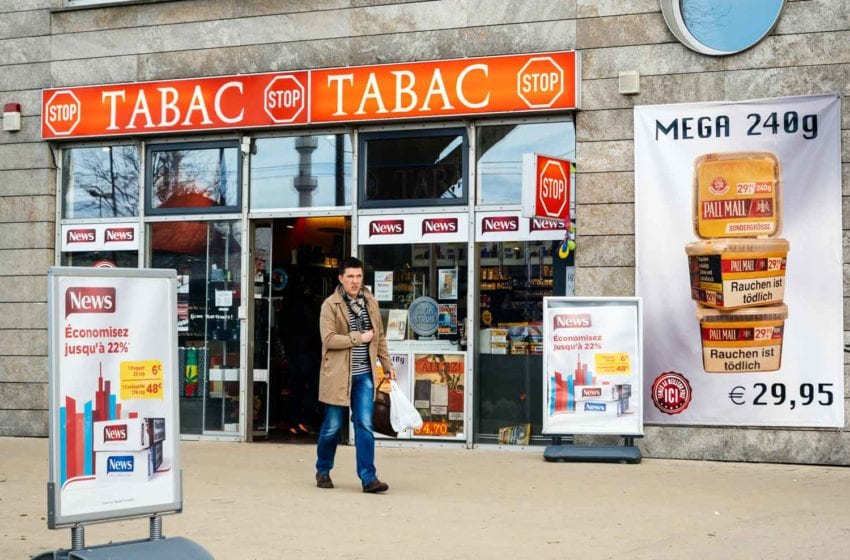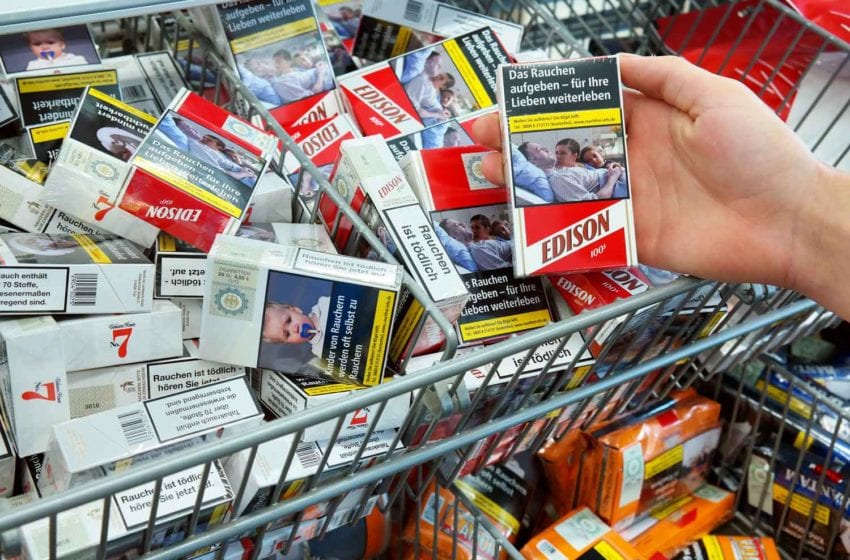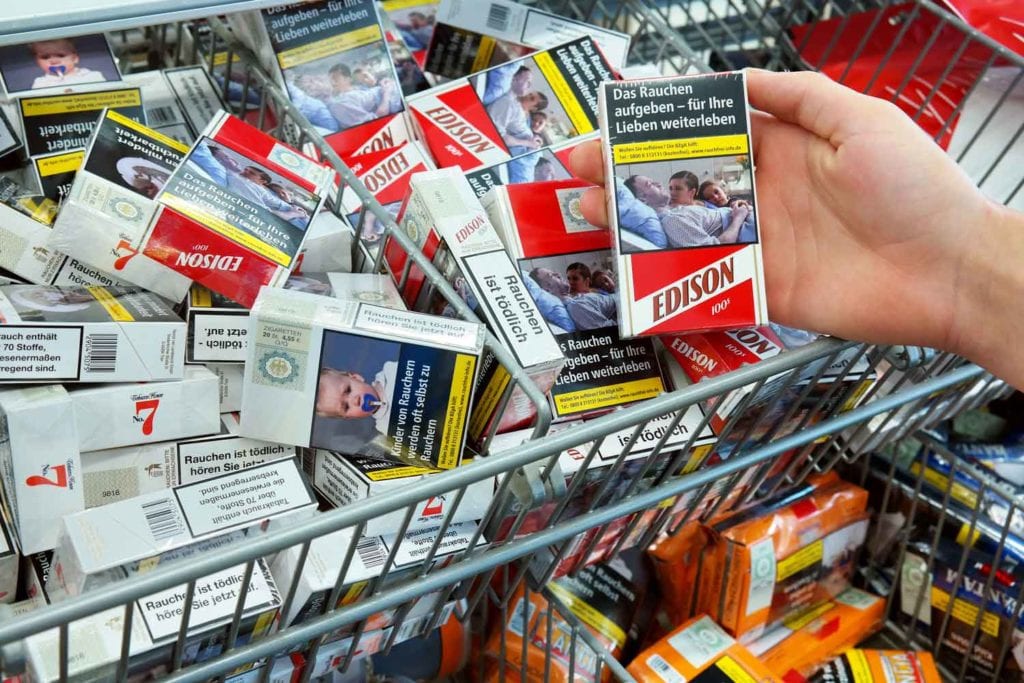
The EU has suggested that consumers buying tobacco and alcohol across borders should pay the duties of their home states rather than the rate of the country in which the products are purchased, reports The Independent.
The EU is also considering mandatory or lower limits on the amount of alcohol and tobacco products that can be brought back from other EU countries for personal use. The proposed changes are meant to help governments recoup lost excise duties and protect public health.
“For both alcohol and tobacco products, the misuse of cross-border shopping rules for private individuals is a source of concern for several EU countries due to lost revenues and the negative impact on the effectiveness of national public health policies,” the European Commission said in the public consultation
The proposed rule would have the greatest impact on Ireland, which is one of the most expensive places in the EU to buy tobacco and alcohol. Northern Ireland too would be included in any future policy change as, under the 2019 Brexit deal, it mirrors EU rules on VAT and excise duties.
The EU public consultation on the issue will remain open until April 23, 2021


















